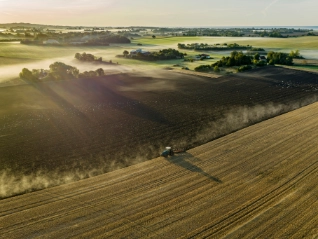Atradius Atrium
Νέα πλατφόρμα διαχείρισης Ασφαλιστηρίου Συμβολαίου Πιστώσεων, εργαλείων αίτησης πιστωτικών ορίων καθώς και πρόσβασης στα Atradius Insights και Serv@Net.
 Ελλάδα
Ελλάδα









Φόρτωση περισσότερων
Προβολή 7 από 193






Φόρτωση περισσότερων
Προβολή 7 από 34
Ερωτήσεις;